Description
Corrosion monitoring is a critical aspect of maintaining the integrity of metal structures and preventing potential failures. In this article, we will explore the effectiveness of Electrical Probes as a corrosion monitoring technology and highlight its advantages over other methods.
Introduction to Electrical Resistance Corrosion Probes
Electrical probes are devices used to measure the rate of corrosion in metal samples. They work on the principle that the resistance of a metal sample increases as its cross-sectional area reduces due to corrosion thinning. This is because the corrosion process eats away at the metal, reducing its surface area and increasing its resistance to electrical current flow.
To use an electrical probe, the metal sample is placed in an electrolyte solution and connected to the probe. As the corrosion process begins, the resistance of the metal sample increases, and the electrical probe measures this change in resistance over time. By monitoring the resistance change, the electrical probe can calculate the rate of corrosion, providing important information for assessing the level of corrosion and implementing appropriate mitigation strategies.
The information provided by electrical probes is invaluable for industries such as oil and gas, marine, and aerospace, where corrosion can cause serious safety and financial risks. By detecting corrosion early, appropriate measures can be taken to prevent further damage, ultimately saving time and money. Additionally, electrical probes can be used to monitor the effectiveness of corrosion inhibitors and other mitigation strategies, allowing for adjustments to be made if necessary.
Overall, electrical probes are a valuable tool for monitoring corrosion in metals and ensuring the safety and longevity of industrial equipment.
Advantages of Electrical Resistance Corrosion Probes
Compared to traditional methods like weight-loss coupons, Electrical Probes offer several distinct advantages in corrosion monitoring. Let’s delve into these advantages in more detail.
Non-Intrusive Monitoring
Unlike weight-loss coupons that require excavation and weighing, Electrical Probes provide a non-intrusive monitoring approach. This eliminates the need for costly and time-consuming excavation procedures, making the monitoring process more efficient and cost-effective.
Temperature Compensation
Temperature can significantly affect the resistance values obtained during the corrosion monitoring process. To address this, Electrical Probes employ a temperature compensation mechanism. By utilizing a reference element, the resistance probe compensates for temperature variations and ensures accurate corrosion rate calculations. This compensation enables precise monitoring even in environments where temperature fluctuations are common.
Compatibility with Corrosion Protection Measures
Many metal components are protected against corrosion using coatings or other anti-corrosion materials. Electrical Probes, being exposed to the corrosive environment as test piece elements, can coexist with these protection measures. This allows for continuous monitoring of corrosion rates without interfering with the effectiveness of the corrosion protection systems.
Filiform vs. Flake Probes
Electrical Probes come in various forms, such as filiform and flake probes. Filiform probes exhibit higher sensitivity compared to flake probes. This sensitivity makes filiform probes particularly useful in detecting low corrosion rates and identifying early signs of localized corrosion. Understanding the nature of corrosion and selecting the appropriate probe type is crucial for accurate monitoring results.
Applications of Electrical Probes
Electrical Probes find application in a wide range of industries and environments where corrosion monitoring is essential. Let’s explore a few notable applications to highlight their versatility.
Pressurized Systems
In pressurized systems, Electrical Probes provide a reliable means of corrosion monitoring. These systems often involve cylindrical sensing elements, with the outside surface exposed to the monitoring environment. The resistance of the sensing element is measured between its two ends, enabling the calculation of corrosion rates.
Erosion-Corrosion Monitoring
For erosion-corrosion monitoring, flush-mounted probes and wire loop designs offer enhanced sensitivity. Flush-mounted probes are well-suited to detect erosion-corrosion phenomena, while wire loop designs provide higher sensitivity to corrosion. Proper selection of the sensing element design ensures accurate monitoring in specific application scenarios.
Flow Accelerated Corrosion Studies
In laboratories studying flow-accelerated corrosion, tubular sensing elements with high fluid velocities are employed. This design facilitates the investigation of flow-accelerated corrosion phenomena and allows researchers to observe the response of wall thickness reduction to various factors, such as the addition of acid.
Conclusion:
An electrical resistance corrosion probe has emerged as a valuable tool in corrosion monitoring, offering several advantages over traditional methods. Their non-intrusive nature, temperature compensation capabilities, compatibility with corrosion protection measures, and real-time monitoring capabilities make them highly beneficial in the field of corrosion monitoring.
Real-time monitoring plays a crucial role in various industries and sectors, including network security and performance monitoring, IT infrastructure management, and business analysis. It provides immediate results, enhances visibility on performance, automates monitoring processes, enables automatic alerts and notifications, facilitates better forensic analysis, ensures timely communication of issues to users, and promotes real-time feedback. Additionally, real-time monitoring can increase employee productivity and contribute to better decision-making, business agility, and operational issue detection and resolution.
In the context of corrosion monitoring, the integration of real-time monitoring capabilities with electrical probes can further enhance their effectiveness. By continuously tracking and recording snapshots of corrosion activity, real-time monitoring allows for prompt identification of potential corrosion problems and immediate response measures. The combination of electrical probes and real-time monitoring empowers corrosion monitoring professionals to make faster, data-driven decisions and take proactive steps to mitigate corrosion-related risks.
Overall, the integration of electrical probes and real-time monitoring in corrosion monitoring offers a powerful solution, ensuring the safety and longevity of industrial equipment, reducing maintenance costs, and minimizing downtime.
Some potential future developments in electrical probe technology may include the miniaturization of sensors, wireless communication capabilities, and integration with the Internet of Things (IoT) to enable remote monitoring and control. These advancements could further streamline the corrosion monitoring process, making it more efficient and accessible across various industries.
Frequently Asked Questions
Q1: What are electrical probes used for?
A1: Electrical probes are used to measure the rate of corrosion in metal samples by monitoring the change in resistance over time as the metal corrodes.
Q2: How do electrical probes work?
A2: Electrical probes work on the principle that the resistance of a metal sample increases as its cross-sectional area reduces due to corrosion thinning. The metal sample is placed in an electrolyte solution and connected to the probe. As corrosion occurs, the resistance of the metal sample increases and the electrical probe measures this change in resistance to calculate the rate of corrosion.
Q3: What are the advantages of electrical probes in corrosion monitoring?
A3: Electrical probes offer several advantages in corrosion monitoring:
- Non-Intrusive Monitoring: Unlike weight-loss coupons, electrical probes provide a non-intrusive monitoring approach, eliminating the need for excavation and weighing.
- Temperature Compensation: Electrical probes employ a temperature compensation mechanism to ensure accurate corrosion rate calculations, even in environments with temperature fluctuations.
- Compatibility with Corrosion Protection Measures: Electrical probes can coexist with corrosion protection measures such as coatings, allowing continuous monitoring without interfering with the effectiveness of these measures.
- Filiform vs. Flake Probes: Electrical probes come in different forms, such as filiform and flake probes. Filiform probes offer higher sensitivity, making them useful in detecting low corrosion rates and early signs of localized corrosion.
Q4: What are some applications of electrical probes?
A4: Electrical probes find application in various industries and environments where corrosion monitoring is essential. Some notable applications include:
- Pressurized Systems: Electrical probes provide reliable corrosion monitoring in pressurized systems, allowing the calculation of corrosion rates using cylindrical sensing elements.
- Erosion-Corrosion Monitoring: Flush-mounted probes and wire loop designs are suitable for erosion-corrosion monitoring, offering enhanced sensitivity and accurate monitoring in specific scenarios.
- Flow Accelerated Corrosion Studies: Tubular sensing elements with high fluid velocities are used in laboratories studying flow accelerated corrosion, enabling the observation of wall thickness reduction in response to different factors.
Q5: What is the significance of electrical probes in corrosion monitoring?
A5: Electrical probes play a crucial role in monitoring corrosion and ensuring the safety and longevity of industrial equipment. They provide valuable information for assessing the level of corrosion, implementing mitigation strategies, and detecting corrosion early to prevent further damage. Additionally, electrical probes allow for monitoring the effectiveness of corrosion inhibitors and making necessary adjustments if needed.

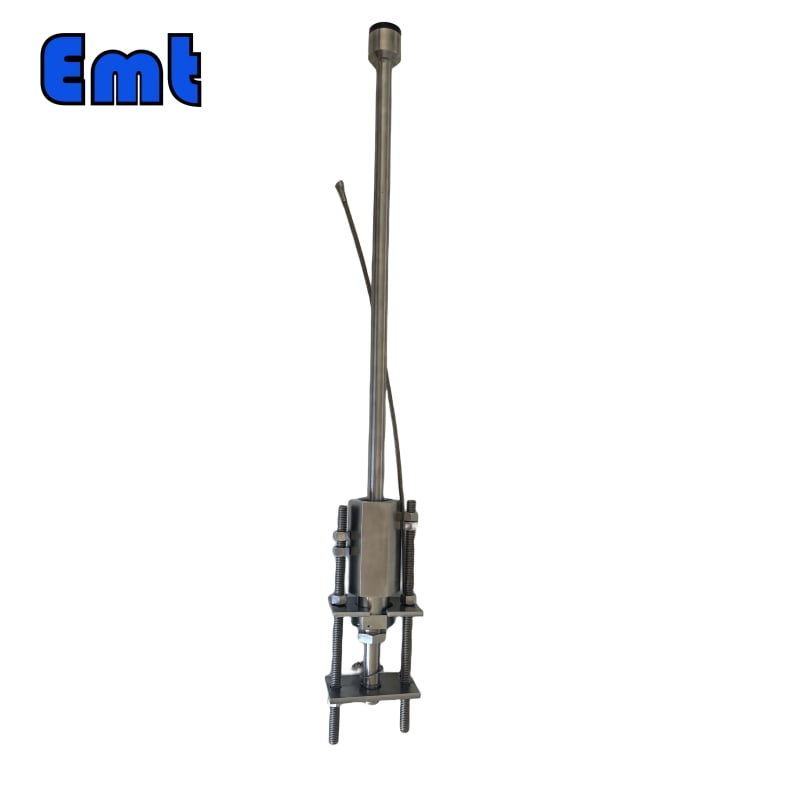
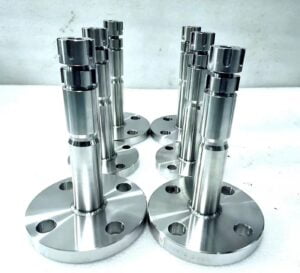
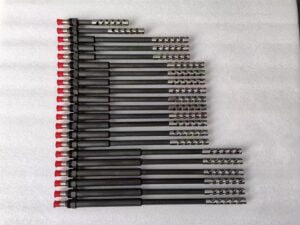
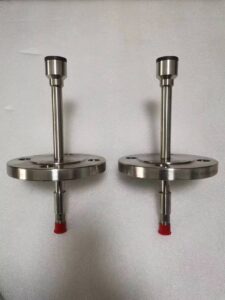
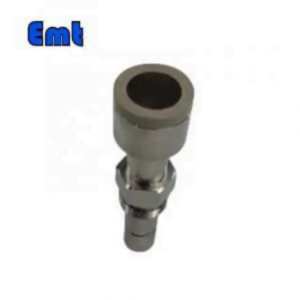
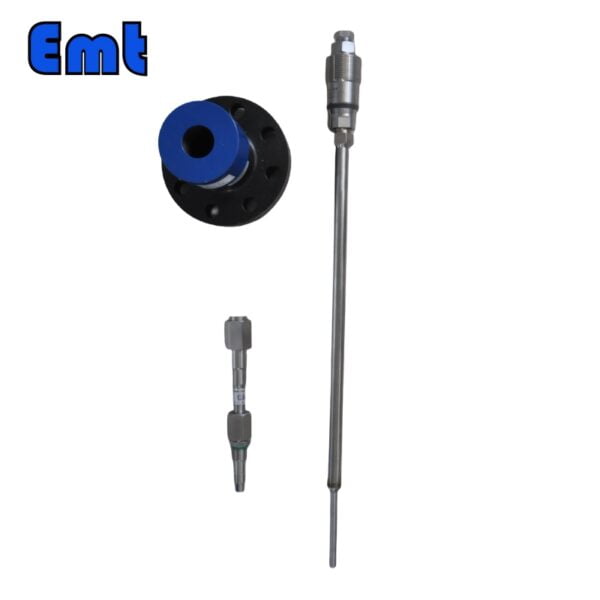
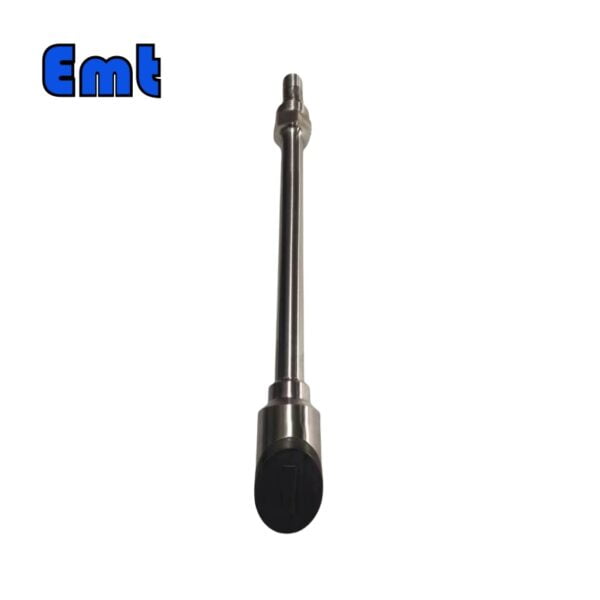
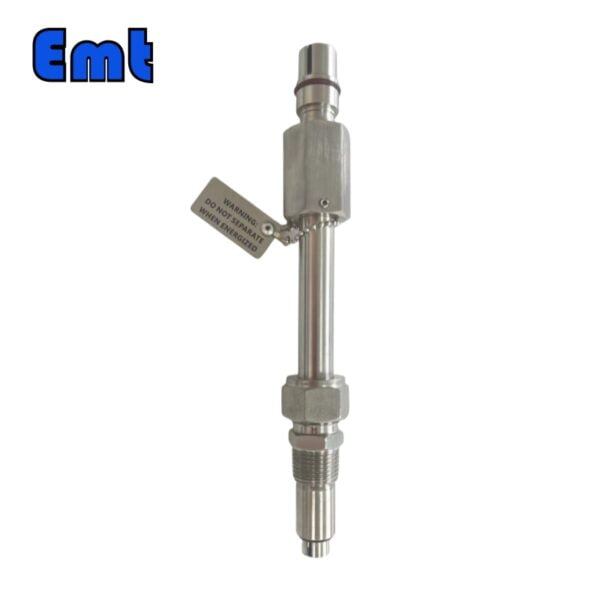
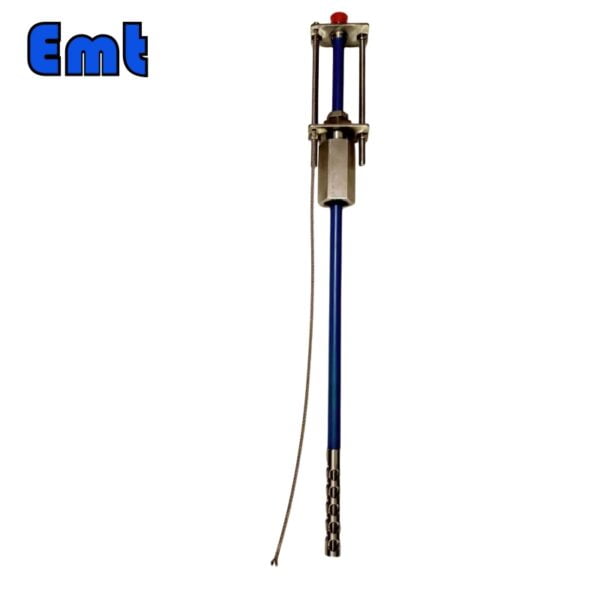
Reviews
There are no reviews yet.